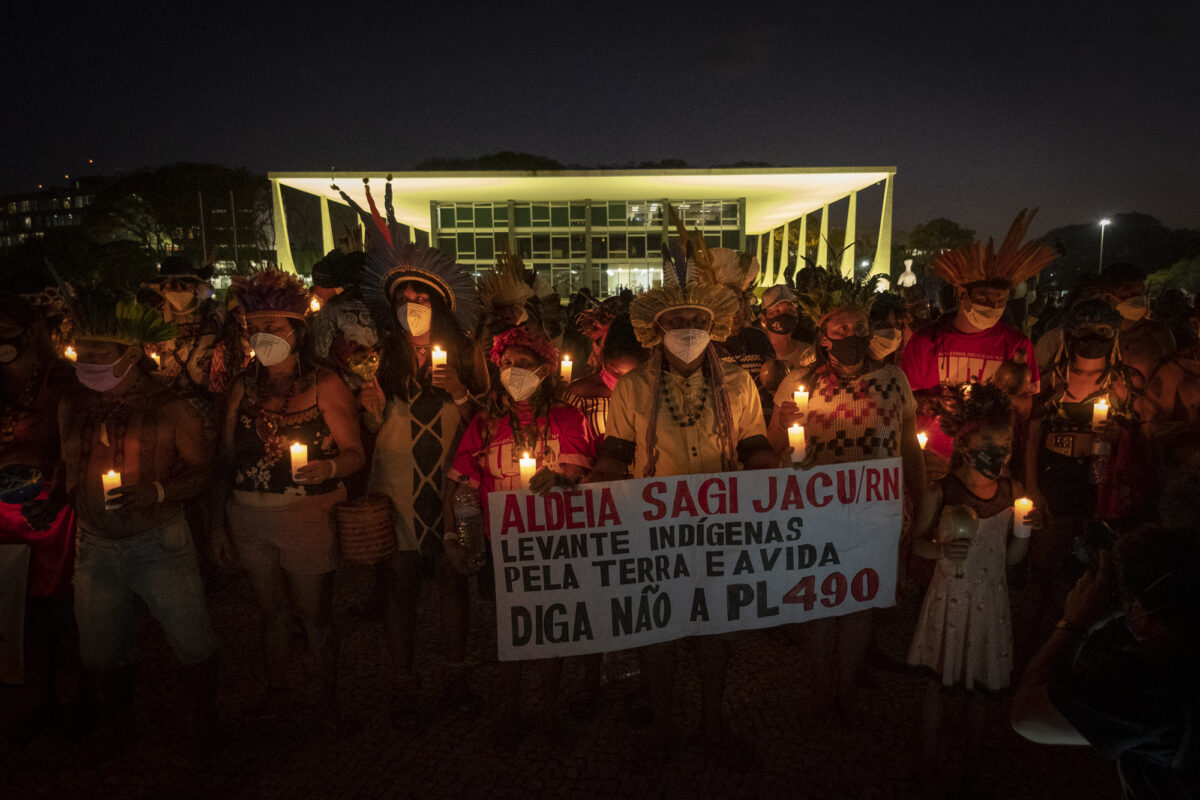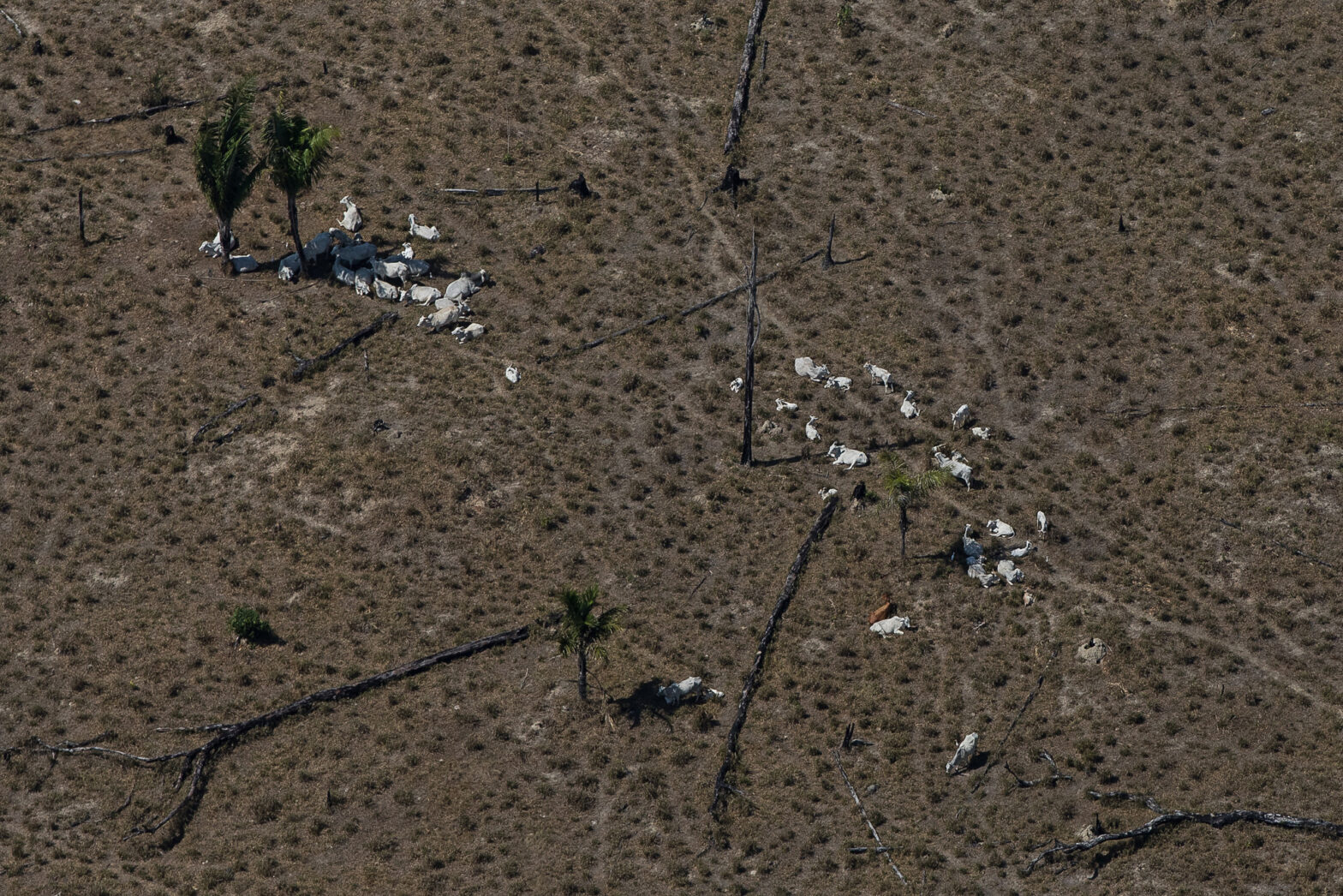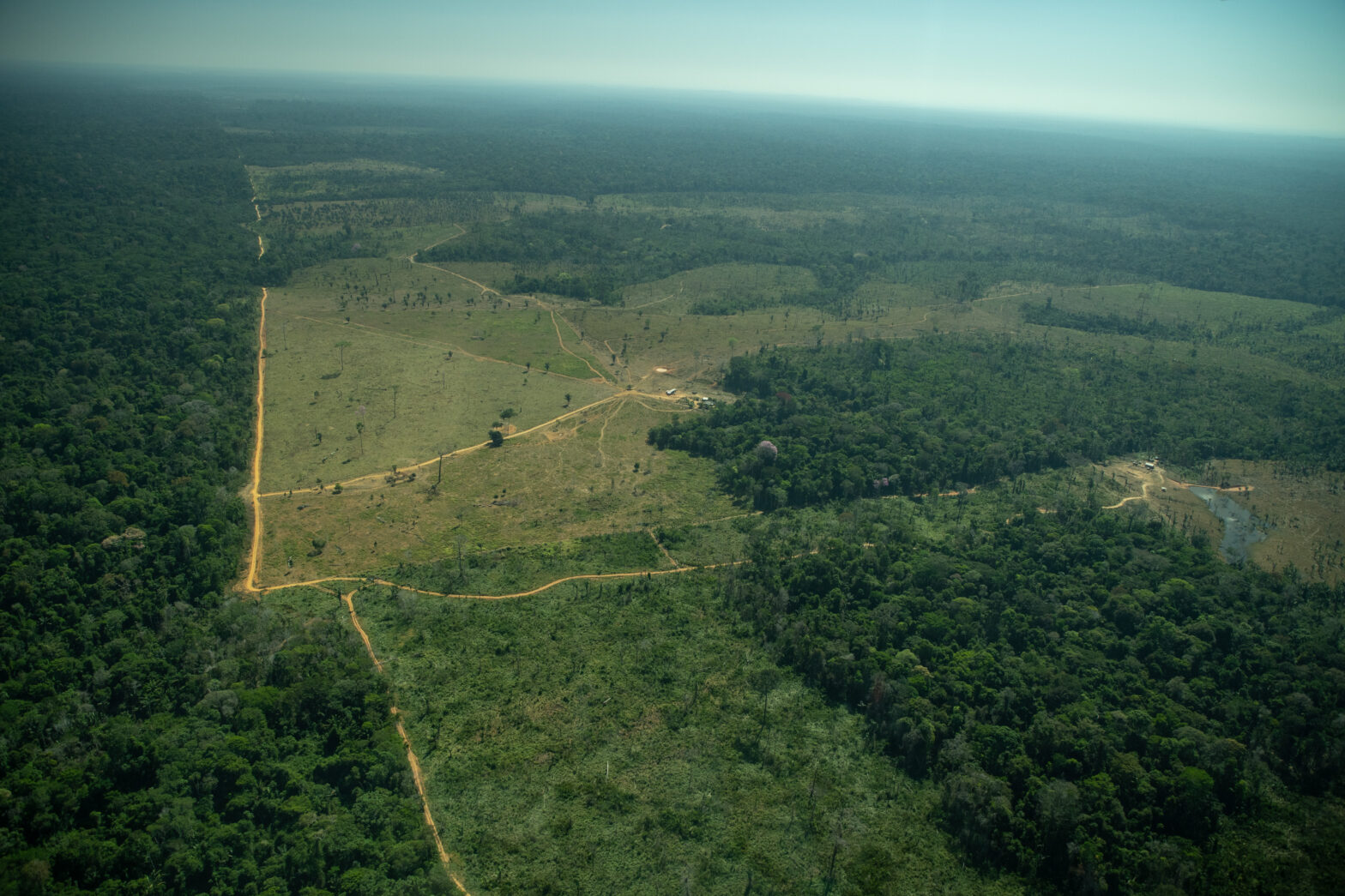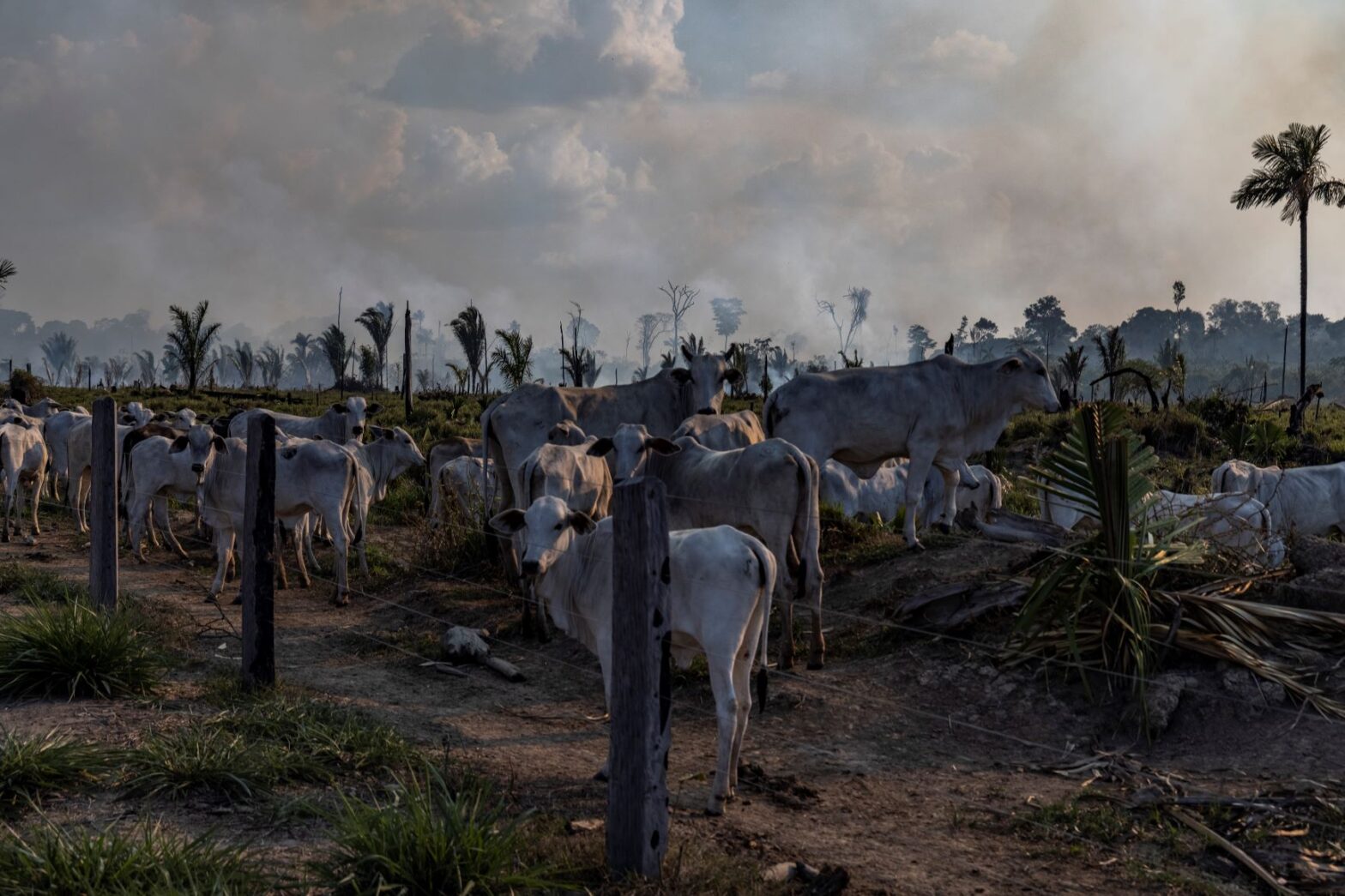Contrary to the issues debated at COP26, both houses of Congress are discussing bills that increase deforestation, give amnesty to public land grabbers and weaken the protection of indigenous peoples’ rights.
Since Jair Bolsonaro took office, bills contrary to socio-environmental interests have gained even more traction in the Brazilian National Congress. It’s a dreary scenario – the Chamber of Deputies is presided by Arthur Lira, a strategical ally of the president, and its most important committee, the Constitution and Justice Committee (CCJ), was handed over to the Bolsonaro front-line supporter Bia Kicis, currently investigated for participating in anti-democratic protests. Proposals that had been shelved for years found the perfect setting to come back to the fore. Some were made to fit by the Agribusiness Caucus against the demarcation of indigenous lands. Most of the bills are in the Senate.
There are at least four bills that aim to organize the chaotic land tenure situation in the Amazon. However, in the view of environmentalists, they will have the exact opposite effect if approved. All of them have the potential to increase deforestation, give amnesty to public land grabbers, weaken the protection of indigenous peoples’ rights and place the country on the wrong side of the global struggle to stop the climate collapse. These are, namely:

What it is: Approved in July by the Chamber of Deputies as a matter of urgency, it is known as the Land Grabber’s Bill, as it inherited parts of the so-called Land Grabber’s Decree (MP 910/2019), which expired last year. The proposal alters norms for the land tenure regularization of public lands and can grant deeds to more than 19 million hectares of undesignated federal lands in the Amazon alone, according to calculations by the Institute of Man and the Environment of the Amazon (Imazon). It’s about to go to the Senate floor as a matter of urgency.
Impact: Although land regularization is a way to increase legal security in rural areas, Imazon researcher Brenda Brito believes that this should be done in compliance with the Constitution and legislation on federal land tenure regularization in the Legal Amazon ( Law 11,952/2009), which is already enacted and is sufficiently permissive to the illegal occupation of land. The Institute listed some of the bill’s most worrisome effects, such as potentially increasing deed-granting to disputed areas and illegally deforested areas, weakening compliance with environmental law, and encouraging the occupation of new areas.
What it is: this bill ends the demarcation of indigenous lands, imposes a review on existing indigenous territories throughout the country, and authorizes their economic exploitation by third parties. It was approved in June this year by the Chamber of Deputies’ Constitution and Justice Committee, on a vote of 40 to 21, and is ready to go the floor for a vote.
Impact: According to analyses by indigenous and socio-environmental entities, if the proposal is approved by the Senate and converted into law without vetoes, it will stop the establishment of new indigenous territories in the country in its tracks. The bill also allows the government to revoke indigenous peoples’ rights to lands that have been officially theirs for decades, as well as opening these areas to mining and other activities. Above all, it definitively blocks new demarcations, which the current administration has already put a stop to. Bill 490 is based on the “time limit thesis”, according to which indigenous lands would only be recognized if they were occupied by an indigenous group on the date of the enactment of the Federal Constitution, on October 5, 1988. Hearings on this thesis are being held back in the agenda of the Federal Supreme Court (STF). Other legislative proposals that may impact indigenous peoples are bills 110/1989, 2057/1991, 1610/1996, 4215/2019, 3112/2020, and 191/2020.
What it is: this bill concerns land title regularization of occupied Union lands, expanding the process of granting deeds to these lands, and dispensing with prior inspection of lands before regularization. The proposal will be analyzed at hearings in the Senate’s Agriculture and Environment committees.
Impact: according to analyses by NGOs and educational and research entities, the bill will encourage land grabbing and deforestation in the Amazon if given the green light, giving amnesty to illegal occupations carried out before 2014 and opening the gate for a disorderly land regularization of 43 million hectares, an area equivalent to twice that of the state of Roraima or larger than that of Iraq. Out of this total, 24 million hectares are non-designated public forests. An assessment by the Federal University of Minas Gerais (UFMG) points out that, together with bill 4.843/2019 – also under discussion in Congress – it would allow medium and large properties to gain deeds of 66 million hectares in the Legal Amazon which are currently settled by small rural producers. The side effects of both bills would be devastating for Amazonian environments and populations.
What it is: originally proposed by 15 parliamentarians from the Worker’s Party (PT), the original version intended to define rules that would protect the environment and people from the impacts of the construction of roads, ports, hydroelectric plants, and other infrastructure works. However, its content was completely distorted in 17 years of discussions. Today, instead of increasing control with a better definition of the rules, a series of urban and rural activities would be exempted from evaluation on the grounds of fostering investments in the country. Among them are low-power infrastructure works in the energy sector, including hydroelectric plants, water, and sewage treatment plants, dredging, roads, as well as extensive, semi-intensive husbandry and small-scale intensive husbandry. Environmental agencies will also be able to implement self-licensing, through which authorizations will be released without prior analysis. It currently awaits consideration by the Senate.
Impact: If converted into law, it could also increase deforestation. NGOs assess that environmental agencies could be prevented from requiring entrepreneurs to control deforestation associated with construction works and from denying licenses for projects that increase land grabbing and other impacts on preserved areas. In this way, indirect deforestation due to infrastructure works caused by the clandestine opening of roads and parcels for agriculture, cattle raising, and wood extraction would no longer be regulated by environmental agencies. The measure would have an impact, for example, on the construction or renovation of roads and highways in the Amazon, historically recognized as sources of deforestation inside and outside protected areas.
Reporting by InfoAmazonia for the PlenaMata project.





